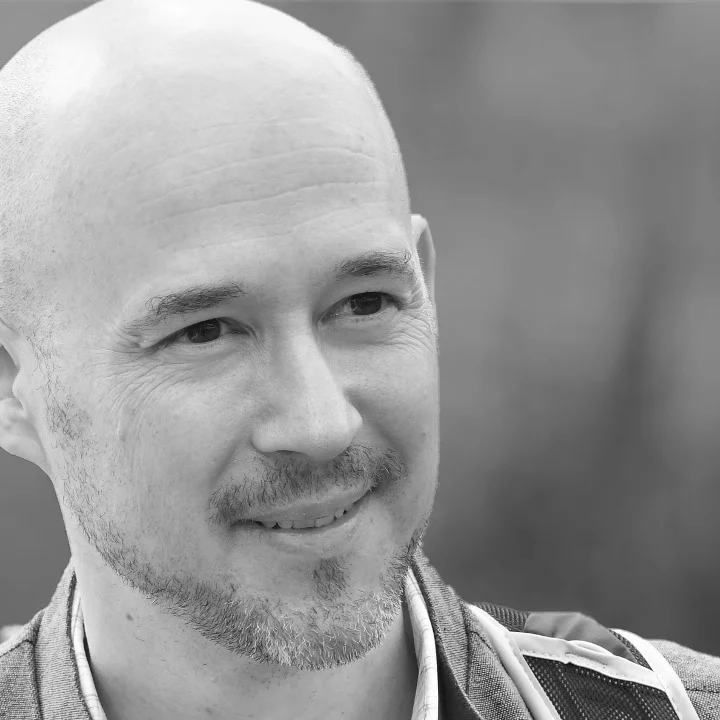The traditional drivers of development and innovation are shifting. That is not necessarily a bad thing. For decades, a daunting adaptive challenge facing emerging market institutions and leaders was donor dependency and donor-driven agendas, a well-known power dynamic in the philanthropic world more broadly.
While the influence of actors like USAID is still relevant, it is no longer controlling. In this post-USAID world, innovation cannot rely on single institutions or static models. It must be adaptive, distributed and inherently collaborative.
For emerging leaders, the question remains: how to innovate in ways that are rooted, resilient and capable of transforming systems. The future belongs to those who can adapt quickly, mobilize creativity under constraint, stitch together fragmented systems and, as always, build trust across sectors.
Innovation and Leadership
Global institutions are recalibrating their role and philanthropic attention is growing more fragmented. The challenge and opportunity lie in equipping emerging-market leaders with the adaptive capacity to create resilience from volatility and possibility from constraint. Innovation must be agile, distributed and deeply proximate to the people and systems it serves.
I have seen this firsthand through our work at Adaptive Change Advisors (ACA) with USAID’s social enterprise innovation unit. Partnering with the Aspen Institute, we worked alongside health ministries in Sierra Leone, Malawi and Kenya in the wake of change. Each country faced distinct challenges: post-Ebola recovery in Sierra Leone, entrenched bureaucratic fragmentation in Malawi and frontline skepticism in Kenya. Over fourteen months, ACA coaches worked with ministry executives and teams to navigate political and bureaucratic barriers, build trust across silos, and generate the courage to adopt bold reforms.
The results were tangible: Kenya’s 2019 Community Health Strategy, Malawi’s first national community health strategy, and stabilization of Sierra Leone’s fragile community health system. Beyond policies, the work unlocked $25 million in new investments, strengthened national health data systems, and set in motion reforms that continue to shape public health outcomes today.
That experience underscored an essential lesson: innovation in volatile contexts only sticks when it is coupled with leadership capacity. Policy frameworks or donor dollars alone cannot deliver lasting change. What matters is building the adaptive muscle of proximate leaders who can turn vision into durable practice in the face of resistance, constraint and uncertainty.
Proximate Leadership
It is this insight—the recognition that leadership and innovation are inseparable—that makes our new strategic partnership with the William Davidson Institute (WDI) timely. Our leadership practices have consistently proven effective in giving leaders tools to translate complexity into clarity, contradictions into collaboration, and risk into responsible experimentation. This connects deeply with WDI’s track record: strengthening management capability, business acumen and entrepreneurial systems in emerging economies.
Together, ACA and WDI bring innovation precisely where it needs to be, at the intersection of global insight and proximate leadership. Leading from within, grounded in the everyday dynamics of systems and fluent in local rhythms, this is what we mean by democratizing leadership.
Blending adaptive leadership with business savvy. WDI’s vice president for education, Amy Gillett, said it well:
“Incorporating ACA’s adaptive leadership and coaching approach adds a powerful dimension… the ACA framework is ideal for today’s volatile environment and allows us to bring new value to the markets we serve.”
Adaptive leadership is not a stand-alone niche. It is the cognitive and relational backbone of effective innovation. When paired with the strategy, marketing, management systems and business tools that WDI brings, it becomes a robust platform that can educate leaders, reshape institutions and nurture ecosystems that endure.
Proximity with global connectivity. This partnership is not just about scaling. It is about threading innovation into the daily lived context of emerging markets, where leaders face acute challenges every day. By training proximate leaders who can both see the big picture and act decisively in their context, ACA and WDI together fortify the connective tissue between global innovation and proximate leadership.
Building adaptive systems. The world does not pause. Crises do not align with grant cycles. Leaders in emerging markets need capability that is not theoretical and capacity that flexes with volatility. ACA’s emphasis on adaptive, emergence-sensitive tools, combined with WDI’s delivery infrastructure, makes this a live laboratory in building systems that can learn, iterate, and sustain.
Beyond Buzzwords
Too often “innovation” becomes brand more than impact. Systems thinking, experimental cultures and donor-led pilots can stall without mechanisms to embed change. What matters is innovation that starts with learning, spreads through leadership networks and solidifies into systemic behaviors.
That ethos—leadership as universally accessible—supercharges systems change. Add WDI’s ability to scale and deliver, and the result is ecosystem-level shifts, not just for a few but for whole communities.
This is not incremental improvement. It is about designing a future where innovation is systemic and proximate. In a post-USAID world, innovation will not come from above. It must emerge within systems through proximate leadership, adaptive capacity and smart partnerships.


